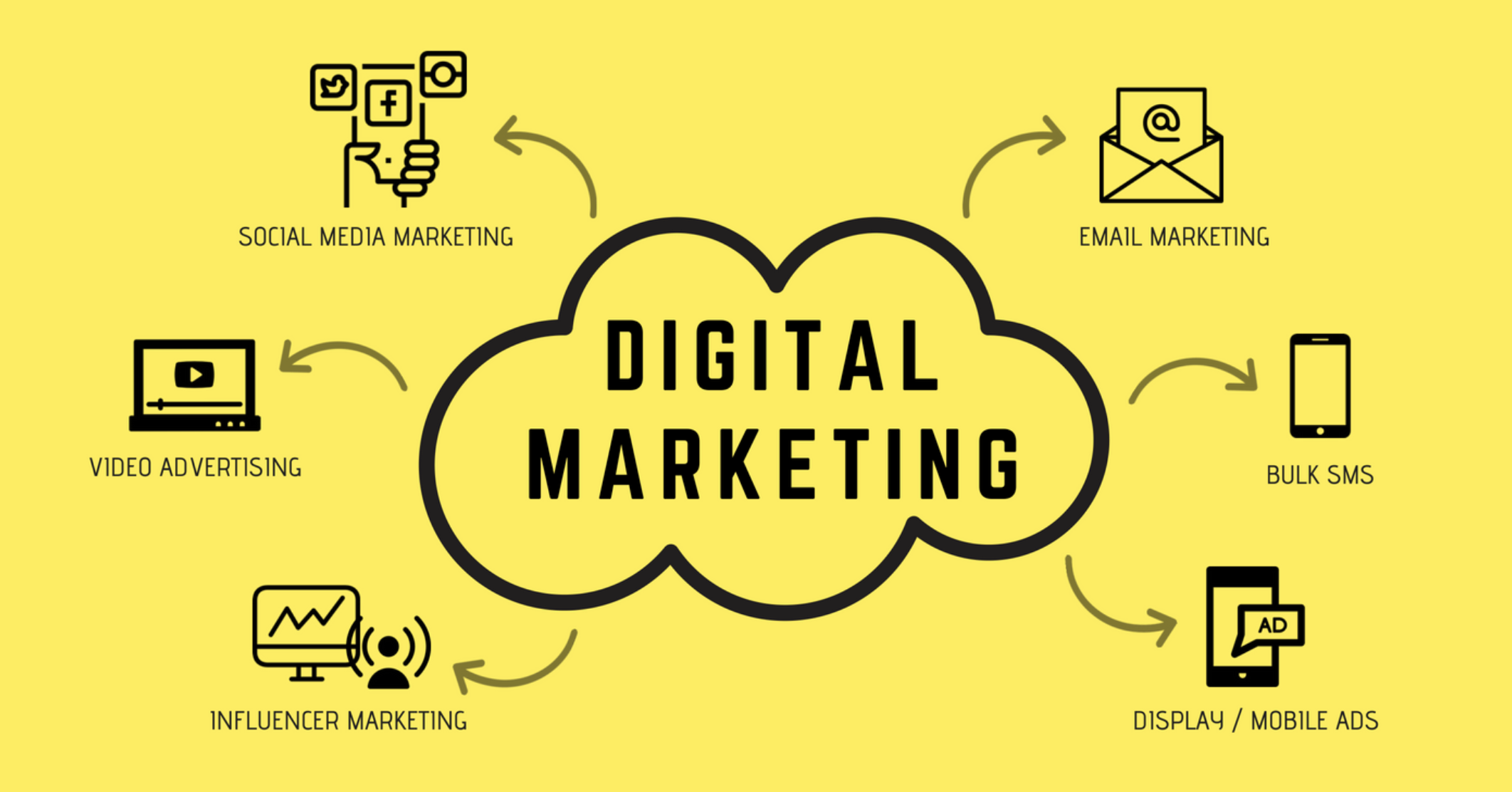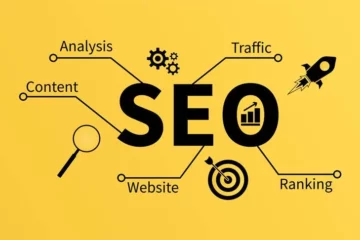Introduction:
In today’s fast-paced and interconnected world, digital marketing has become an indispensable tool for businesses seeking to thrive in the online ecosystem. As consumers increasingly turn to the internet for information, products, and services, mastering the art of digital marketing is essential for staying relevant and competitive. In this blog post, we’ll explore the key components of digital marketing and provide insights into effective strategies that can propel your brand to success.
- Understanding Digital Marketing:
Digital marketing encompasses a broad range of online strategies designed to connect businesses with their target audience. It goes beyond traditional advertising, leveraging digital channels such as search engines, social media, email, and websites to reach and engage potential customers.
- Search Engine Optimization (SEO):
SEO is the cornerstone of any successful digital marketing strategy. By optimizing your website for search engines, you increase its visibility, making it more likely to appear in search results. This involves keyword research, content optimization, and technical enhancements to improve your site’s ranking and drive organic traffic.
- Content Marketing:
Compelling and relevant content is the driving force behind successful digital marketing campaigns. Whether it’s blog posts, videos, infographics, or podcasts, creating valuable content that resonates with your target audience builds trust and authority, ultimately driving customer loyalty.
- Social Media Marketing:
With billions of users across various platforms, social media is a powerful tool for connecting with your audience. Crafting a strong social media presence involves strategic planning, engaging content creation, and community management. Leveraging paid advertising on platforms like Facebook, Instagram, and LinkedIn can further amplify your reach.
- Email Marketing:
Despite the rise of new communication channels, email marketing remains an effective way to nurture leads and maintain customer relationships. Personalized and targeted email campaigns can drive conversions and keep your audience informed about new products, promotions, and company updates.
- Pay-Per-Click (PPC) Advertising:
PPC advertising allows businesses to bid for ad placement in search engine results or on various online platforms. By paying only when users click on your ad, PPC campaigns provide a cost-effective way to drive traffic and conversions. Platforms like Google Ads and Bing Ads offer robust tools for creating and managing PPC campaigns.
- Analytics and Data-driven Insights:
One of the key advantages of digital marketing is the ability to track and analyze campaign performance in real-time. Utilizing analytics tools, businesses can gain valuable insights into user behavior, campaign effectiveness, and ROI. Continuous monitoring and data-driven decision-making enable marketers to refine their strategies for optimal results.
- Mobile Marketing:
As smartphone usage continues to rise, optimizing your digital marketing strategies for mobile devices is crucial. Responsive web design, mobile apps, and location-based targeting are just a few ways to ensure your brand remains accessible and engaging on mobile platforms.
Conclusion:
In the ever-evolving landscape of digital marketing, staying ahead requires a dynamic and holistic approach. By integrating SEO, content marketing, social media, email campaigns, PPC advertising, and analytics, businesses can create a powerful and synergistic digital marketing strategy. Embracing the digital realm not only broadens your reach but also allows for precise targeting and measurable results. As technologies advance and consumer behaviors evolve, the key to success lies in adaptability and a commitment to delivering value to your audience through innovative digital marketing initiatives.



